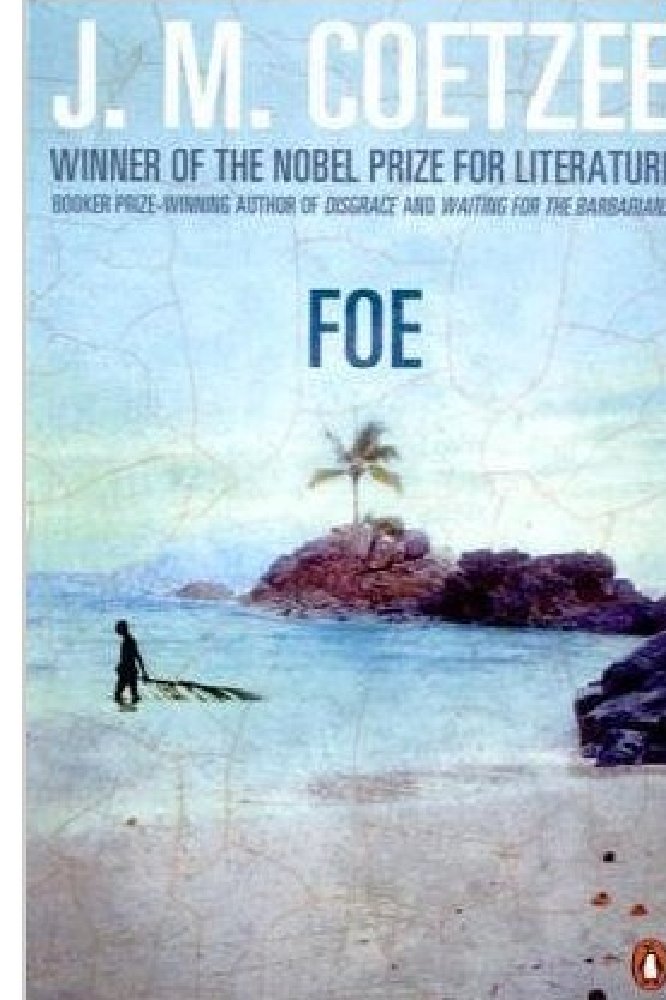
Foe
Nobel Prize for Literature winner J. M. Coetzee’s Foe is not normally the sort of novel I’d enjoy – it is essentially told as a monologue, the main character uses overly formal language, and we’re left with an ambiguous ending. Yet Coetzee’s tale of a woman castaway on an island with the enigmatic Cruso and his mute servant Friday is one to remember.
When Susan Barton is rescued and returned to England with Friday after Cruso’s death, she finds herself being the only one who can articulate what had happened to her and what life had been like on the island. She convinces Daniel Foe to set down her story as a novel, but discovers that her memories and her past are slipping away from her until all she is left with is Friday.
Despite the shortness of Foe, I really felt as though I had been taken on a journey, not just to an island off the coast of Brazil and back, but with Susan Barton’s character. At first I was irritated by her monologue and by her tendency to focus on one point for far too long. But by the end, I really felt sorry for Susan and how her time as a castaway had clearly affected her perception of truth versus tale.
Foe’s main issue for me is the ambiguity of the final few pages, where Susan is apparently dreaming (although we are not entirely sure of this). So many things are left unsaid or unexplained that I was disappointed at being cheated out of a sense of closure. What happened to Susan’s lost daughter? Who is Friday and how did he come to be mute? How did Cruso truly end up on the island?
J. M. Coetzee’s Foe is enjoyable and certainly thought-provoking. What it lacks in a complete ending it makes up for in Susan Barton’s character. Well worth the read, but don’t expect to finish it entirely happy.
Tagged in julia molloy

